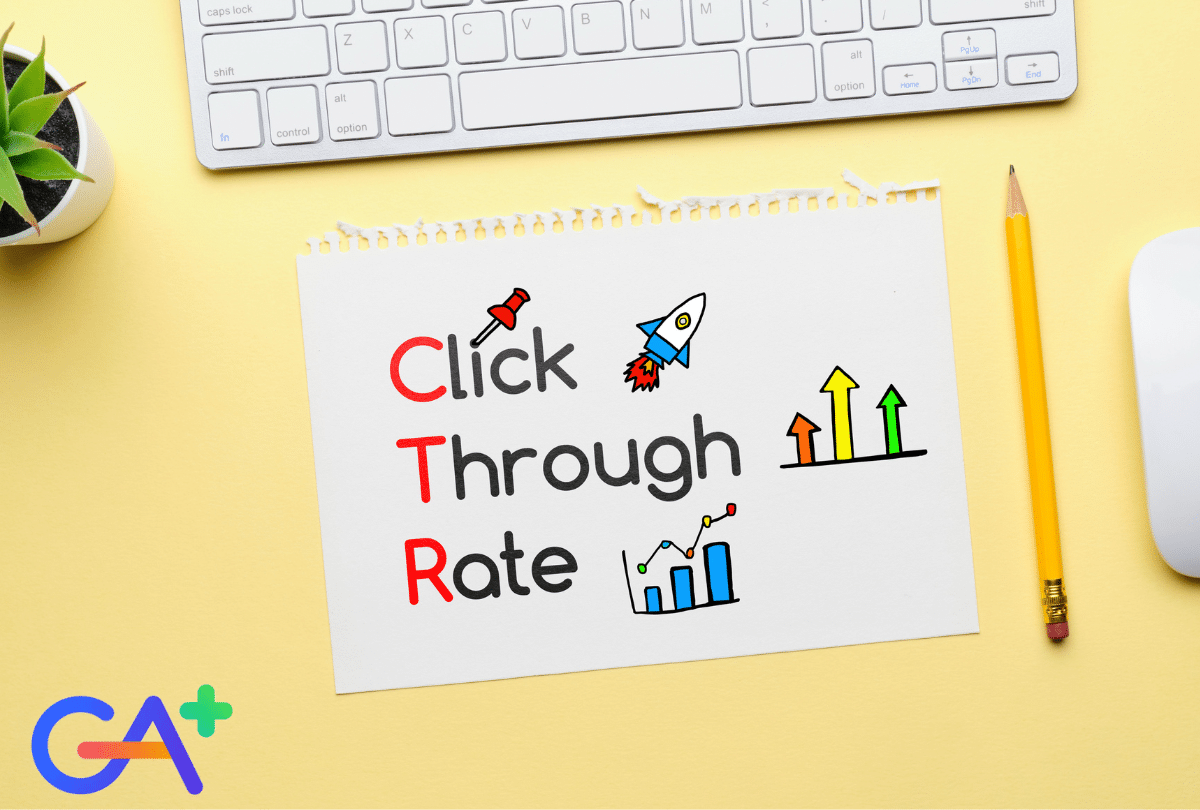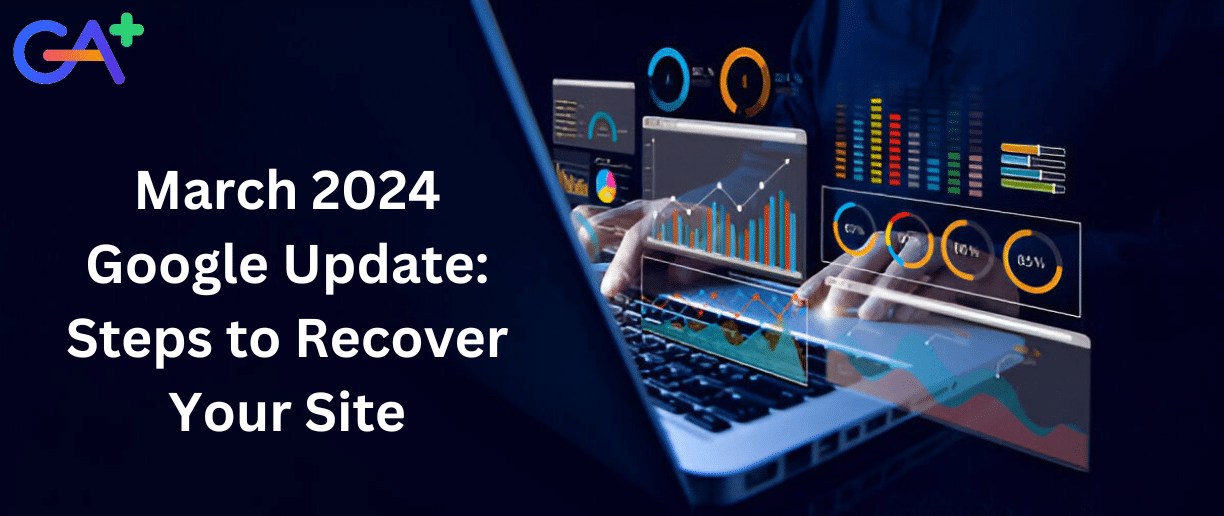Top 5 Ways to Use Meta Tags for SEO in 2021

 SEO
SEO
If you are searching for an ideal solution to rank your website higher in search results on Google, Yahoo, Bing or any other search engine, Meta tags are what you need to focus on. Meta Tags play a crucial role in Search Engine Optimization (SEO). Basically, these are small segments of text that help search engines recognize, understand, and rank content on your website.
As such, we can say that Meta tags act as a summary of your website. They appear only in the HTML backend of your website but not on the page. The small text you see under-listed websites is what we call Meta tags.
So, let’s discover more about how to use the Meta tags for SEO.
Top Meta Tags for SEO
1. Title Tag:
The Title elements are one of the most important tags to have a direct influence on your search rankings. These tags appear at the top of the browser as the page’s title. Searchers always look for a page title on the search engine results page to understand what the page is all about. So, if you want to rank higher in search results, make sure your title is unique, catchy, identifiable, and ingrained with important keywords.
2. Meta Description:
A Meta description is a type of Meta tag that presents a summary of your page content. It is a series of text descriptions mentioned below the Title tag. The Meta description not only acquaints user about the information available on the page but it also assists search engine index your page better. Furthermore, search engines utilize the principle of keyword proximity which you can use in your Meta descriptions to yield better search outcomes.
3. Viewport:
The viewport is a Meta tag responsible for customizing the visible area of a web page for different screens such as desktop or mobile phone. When the viewport Meta tag is inserted it shows the search engines that the page is mobile-friendly. Thus, fulfilling the criteria of being SEO friendly. Even Google algorithm focuses on mobile-friendly websites for determining top SERPs rankings.
4. Robots Tag:
This is an attribute needed to inform search engines on how they should view your web pages. This is a crucial factor to consider for improving your website’s SEO performance. The options available with robot meta tag include:
- Index: Allows crawlers/ robots to index a page.
- Noindex: Restricts crawlers/robots from indexing a page.
- Follow: Allows crawlers/ robots to follow links available on the web page.
- Nofollow: Restricts crawlers/robots from following any link on the page.
5. Charset:
The charset tag facilitates character encoding for a web page. Simply, it instructs the browser on how to display the text of a particular page. Generally, there are two widely used character sets, including UTF-8 (Character encoding for Unicode) and ISO-8859–1 (Character encoding for the Latin alphabet). Attempting to use the wrong encoding technique can result in the wrong character display, ultimately impacting your SEO with a poor user experience.
Conclusion
Paying attention to the aforementioned ways of using Meta tags will avert the risk of any SEO loopholes. Also, remember to follow a consistency between title and meta description as any kind of mismatch can lead to pogo-sticking. Pogo sticking in SEO refers to a condition wherein a user bounces from one search to another due to non-satisfactory results.



